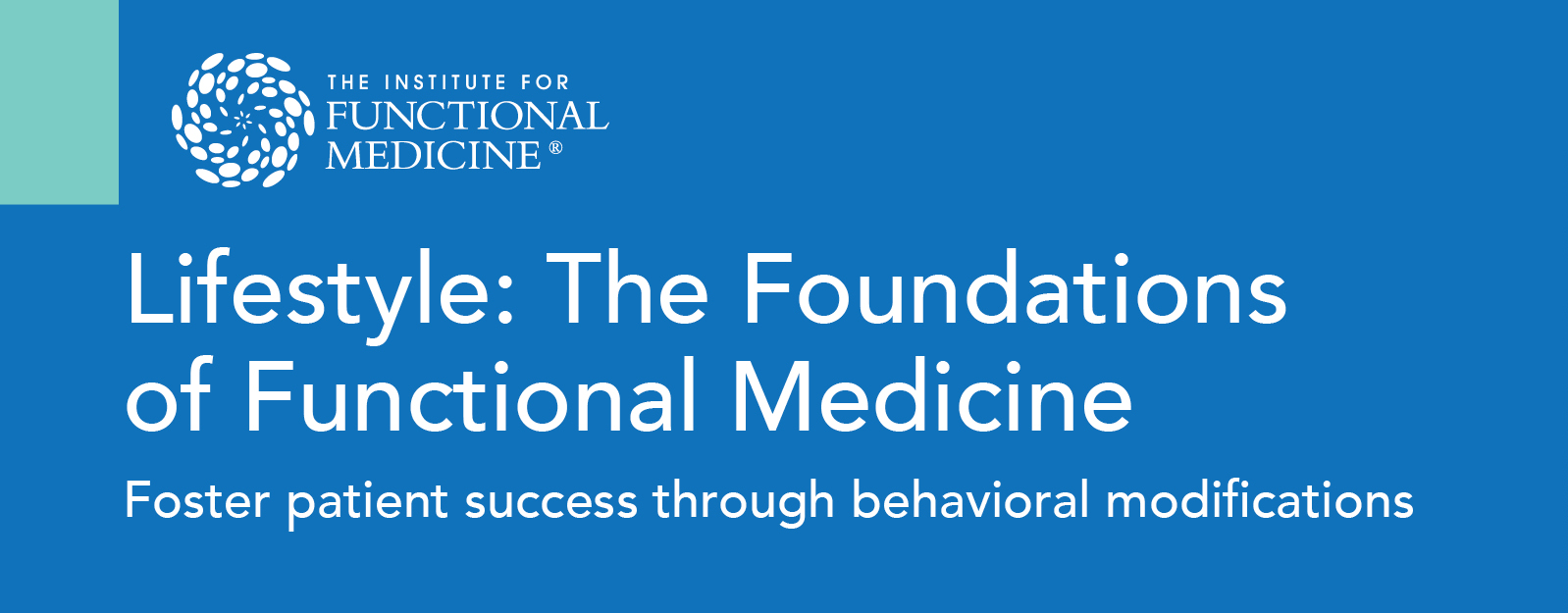
Identifying and Managing Chronic Stressors
A certain level of stress is inevitable in today’s society, and the experiences that shape the stress response may also influence sleep patterns, food intake, blood sugar imbalances, and cardiovascular disease, and vice versa, leading to chronic illness. Many diseases stemming from chronic stress and inflammation have early warning signs, meaning some cases can be prevented or improved with lifestyle changes that help manage stress. The functional medicine model focuses in on identifying stress as a cause of dysfunction and utilizing specific interventions like exercise, meditation, and yoga that work for the individual patient.
+ References
- American Psychological Association. Stress in America™: interactive graphics. Published November 2020. Accessed August 30, 2022. https://www.apa.org/news/press/releases/stress/interactive-graphics
- Smith J. Here’s why workplace stress is costing employers $300 billion a year. Business Insider. Published June 6, 2016. Accessed August 30, 2022. https://www.businessinsider.com/how-stress-at-work-is-costing-employers-300-billion-a-year-2016-6
- The American Institute of Stress. What is stress? Published March 30, 2022. Accessed August 30, 2022. https://www.stress.org/daily-life
- Clay RA. Stressed in America. Monitor Psychol. 2011;42(1):60. https://www.apa.org/monitor/2011/01/stressed-america
Watch functional medicine experts discuss stress

Joel M. Evans, MD

Robert Rountree, MD

Patrick Hanaway, MD

Elizabeth Mumper, MD
Discover the key to optimized health with Lifestyle: The Foundations of Functional Medicine>
This course explores the evidence-base and clinical applications of modifiable lifestyle factors.
Take a closer look at how the factors below affect the body:


